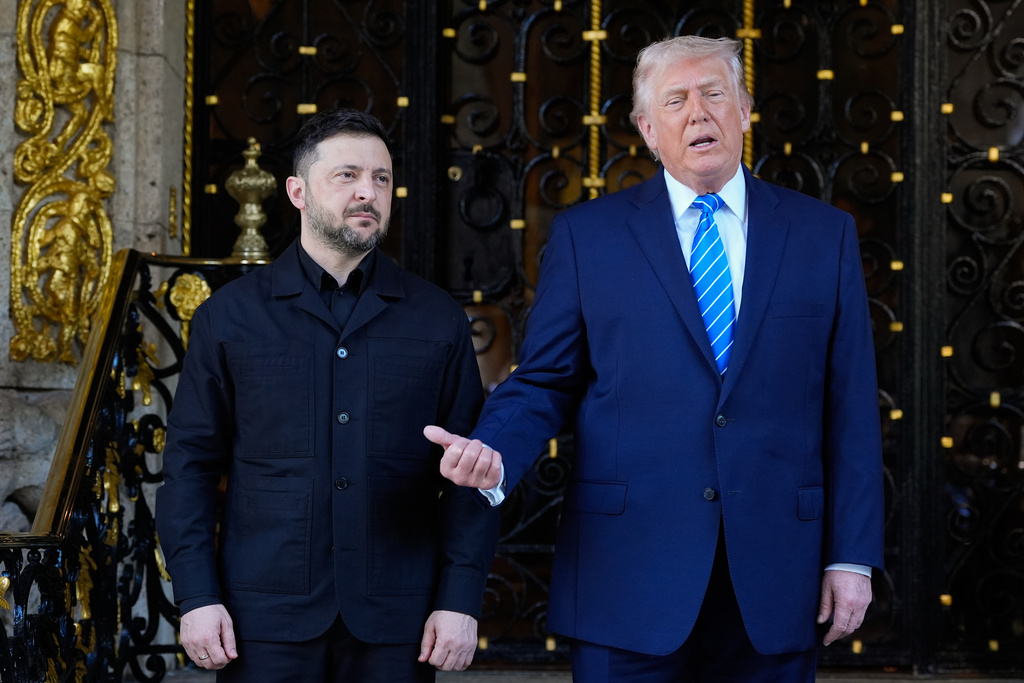Health care workers demanding better compensation have issued a 10-day strike notice to Kaiser Permanente executives after a final bargaining session this week over a contract that is set to end on Sept. 30.
At least 75,000 Kaiser employees said they plan to strike from October 4-6 in a multi-state strike plan that will impact Kaiser operations in states including California, Colorado, Oregon, Hawaii, Maryland, Virginia, Washington and in the District of Columbia.
Stat News reported that the number of striking workers could potentially jump to around 85,000 as the Coalition of Kaiser Permanente Unions negotiates a new national contract. If the large-scale strike is carried out it is expected to affect over 12 million people that Kaiser's nearly 40 hospitals and hundreds of medical offices serve.

UAW workers asking automakers for shorter workweek
Amid the ongoing UAW strike, the union says it wants a four-day, 32-hour week while still getting 40 hours of pay.
In a release on Friday, the unions said, "Frontline healthcare workers have been sounding the alarm about how the Kaiser short staffing crisis is hurting patients and employees across the U.S., but Kaiser executives have refused to listen."
Audrey Cardenas Loera, a fees and benefits support specialist at Kaiser Permanente who works in Oregon said, "Health care workers see how Kaiser patients are forced to wait unsafe lengths of time for cancer screenings, room assignments, test results, primary care appointments, x-rays, surgeries, waiting in emergency rooms, and more. We simply want our patients to be safe and get the care that they deserve."
Renée Saldaña, spokesperson for the largest union in the coalition, SEIU-United Healthcare Workers West, said, "Kaiser executives can stop the unfair labor practice strike from happening if they return to the table and stop bargaining in bad faith."
Under-staffing has been a major grievance voiced by unions on behalf of workers.
But it comes as the company, which is a non-profit, has made billions already this year. According to Kaiser, the company reported $3 billion in profits in just the first six months of this year.
Kaiser's non-profit status allows the company to pay no income tax on earnings and pay very limited property taxes.
Over the last five years, Kaiser has reported more than $24 billion in profits and the company's CEO was compensated by more than $16 million in 2021.
Kaiser holds large investments in the United States and abroad totaling $113 billion including in fossil fuels, casinos, for-profit prisons, alcohol companies and military weapons.









